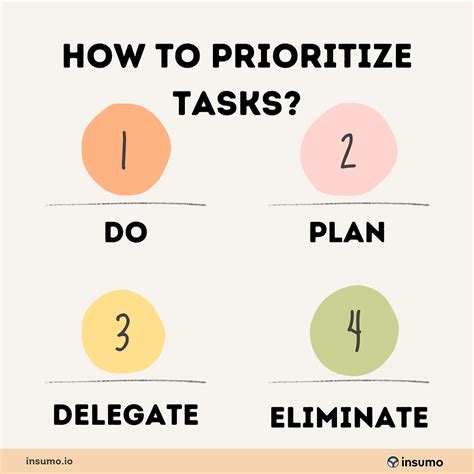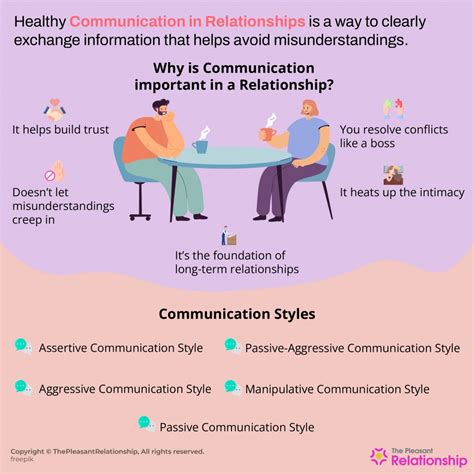Successful men are often defined by their professional achievements, but true success extends to the richness of their personal lives. While demanding careers can make time a precious commodity, high-achieving individuals understand that their core relationships – with partners, children, family, and close friends – are not just beneficiaries of their success, but fundamental pillars supporting it. The question then becomes: how do they effectively invest their limited time to nurture these vital connections? It’s rarely about having more time, but rather about intentionality, strategy, and presence.
The Philosophy of Prioritization: Relationships as Strategic Assets
Successful men view relationships as strategic assets, requiring deliberate investment, not mere afterthoughts. They integrate relational health into their overall life plan, understanding that emotional well-being and strong support systems directly impact their focus, resilience, and happiness, which, in turn, can positively influence their professional performance. This perspective shifts relationships from a “should-do” to a “must-do,” acknowledging their profound contribution to a well-rounded life.

Intentional Scheduling: Creating Non-Negotiable Time
They don’t wait for “extra” time; they actively create it. This often involves blocking out specific, non-negotiable time slots in their calendars for family dinners, date nights, or one-on-one time with children, treating these commitments with the same gravity as a high-stakes board meeting. This isn’t just about being physically present, but about being mentally and emotionally available. Phones are often put away, distractions minimized, and full, undivided attention is given to the people who matter most. This deliberate scheduling signals the importance of these connections.

Quality Over Quantity: Deep Engagement and Presence
Beyond scheduled blocks, successful men prioritize the quality of interaction. They practice active listening, asking meaningful questions, and truly engaging in conversations that go beyond superficial updates. This means understanding their loved ones’ worlds, celebrating their successes, and offering support through their challenges. It involves shared experiences – whether a simple walk, a shared hobby, a deep conversation over dinner, or a memorable family vacation – where genuine connection and mutual enjoyment are the primary goals. They understand that a few hours of focused, present interaction can be far more impactful than many hours of distracted presence.

Open Communication and Emotional Intelligence as Cornerstones
Effective communication is a foundational cornerstone of strong relationships. Successful men cultivate environments where open, honest dialogue thrives. They are willing to discuss difficult topics, express their feelings authentically, and actively work through conflicts rather than avoiding them. This requires a high degree of emotional intelligence – understanding their own emotions and empathizing with those of others – and a commitment to transparency and vulnerability within their core relationships. They recognize that healthy communication is the oxygen that keeps relationships alive and thriving.

Conclusion: Building a Legacy Beyond the Boardroom
Investing time in core relationships is not a luxury for successful men; it’s an essential strategy for a rich, balanced, and truly fulfilling life. By treating these connections with the same discipline, intentionality, and strategic thinking they apply to their careers, they ensure that their professional triumphs are supported by a strong foundation of love, loyalty, and unwavering personal bonds. It’s a testament to the understanding that true legacy isn’t just built in boardrooms, but also, and perhaps more importantly, in the hearts and lives of those they cherish most.




